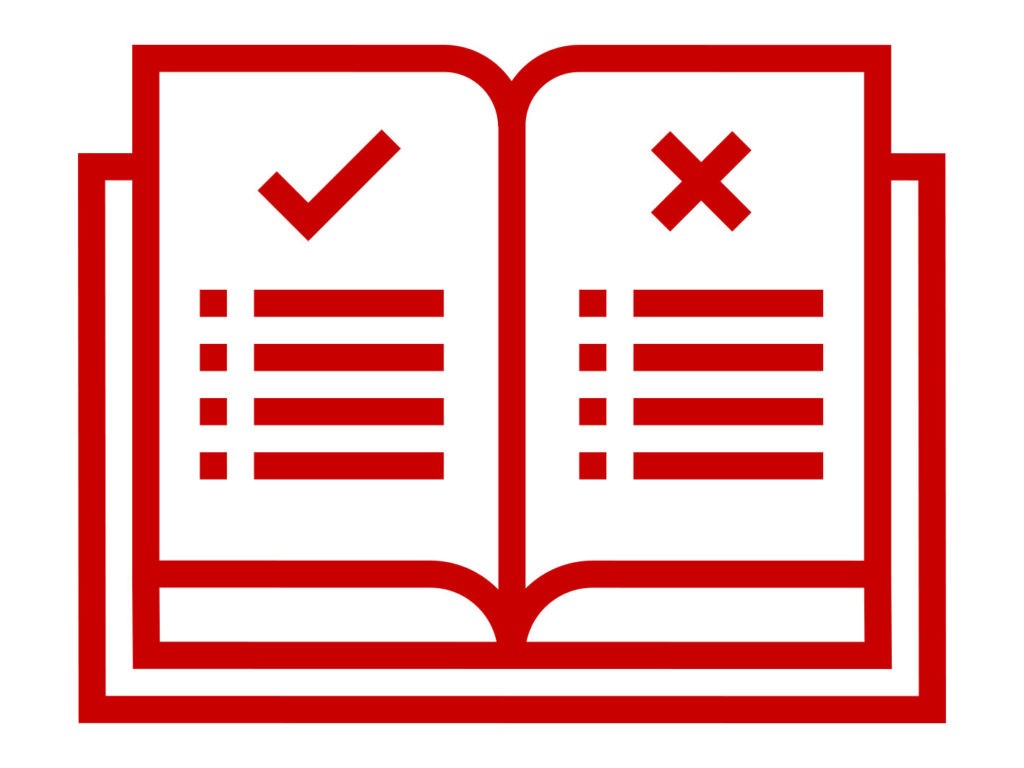
Director insolvency
The Companies (Corporate Enforcement Authority) Act 2021 has amended section 819 of the Companies Act 2014 and added grounds for restricting a director of an insolvent company. The grounds for restriction now include failure by a director of an insolvent company to convene a general meeting of shareholders for the purpose of nominating a liquidator, failure to nominate a liquidator, and failure to provide the required notice to employees that the company is being wound up.
Beneficial ownership
The Registrar of Beneficial Ownership has started bringing cases against companies that have not filed their RBO details. It recently secured five convictions against companies that failed to file, which resulted in fines of €3,000 for each.
Each practice will have to do its own bespoke risk assessment
ISQM
Auditors will shortly be consigning their International Standard on Quality Control (ISQC) manuals to the dustbin and replacing them with guidance on the International Standard on Quality Management (ISQM), which will be effective from 15 December 2022. Some have described ISQM as ISQC with risk assessment attached; that’s an oversimplification, but risk assessment is an important part of ISQM.
A number of commercial training companies have begun to provide example ISQM manuals, but it is important not just to copy and paste, as each practice will have to do its own bespoke risk assessment. The example ISQM manuals should include checklists of the types of risks that will need to be considered.
The Irish Auditing and Accounting Supervisory Authority (IAASA) offers some free training on the requirements of ISQM.
An average audit-registered small or medium-sized practice will probably need to purchase a standard manual and then spend a half-day tailoring it to its own practice. The ISQM manual will be inspected by the auditors’ professional body during an audit monitoring visit.
Going concern
The International Auditing and Assurance Standards Board (IAASB) has issued a frequently asked questions guidance document on reporting going concern matters in the auditor’s report. The FAQs centre around the interplay between the reporting of key audit matters and the emphasis of matter paragraphs when reporting material uncertainties related to going concern.
DSS
The Decision Support Service (DSS) has published a video message for potential future service users, which outlines the current position on the progress of legislation amending the Assisted Decision-Making (Capacity) Act 2015.
Irish employers are recruiting large numbers of non-Irish ACCA members
Recruiting from abroad
Large numbers of non-Irish ACCA students and members are being recruited by Irish employers. Employers are comforted by the fact that they have undertaken substantively the same exams as Irish ACCA members and passed those exams in the English language. ACCA students and members from the European Economic Area (EEA – the EU countries, along with Iceland, Liechtenstein and Norway), the UK and Ukraine all have an automatic right to work in Ireland.
ACCA members from non-EEA countries come under the critical skills visa programme. In summary, an employer will will apply for the work permit if a candidate accepts a job offer after a video interview. The process generally takes six weeks but has speeded up recently, with some applications being approved in just four weeks.
Once the work permit has been secured, the candidate applies for a residency visa (and residence visas for their spouse and children too, if they are also coming to Ireland), which will usually take another six weeks. If the candidate comes from a conflict country, the process may take a week or two longer, but overall it should take about the same length of time as a standard period of notice for an Irish employee. The candidate signs a two-year contract with the employer, and the visa is renewable.
Where proof of funds is an issue, a bond is available to purchase
In theory, non-Irish ACCA affiliates (ie they have passed all their exams but not yet submitted their work experience to achieve full ACCA membership) enter the country as students. However, as most foreign ACCA affiliates have sufficient experience they can convert to full membership relatively easily and quickly. It can be easier for foreign affiliates to simply apply for full ACCA membership first and then apply under the critical skills visa programme.
An ACCA student at the final level of the ACCA exams can come to Ireland to complete their exams and their practical training. There are two types of country that a student can come from: visa-exempt or visa-required.
An ACCA student from a visa-exempt country can accept a job offer from an Irish employer and register with an ACCA-approved college to study their remaining ACCA subjects at night school. They travel to Ireland, produce their college acceptance letter and job offer letter at immigration, and are allowed into the country. They then have 30 days to register with the Garda National Immigration Bureau. They can start work pretty much immediately.
ACCA students from a visa-required country can accept a job offer from an Irish employer and register with an Irish ACCA-approved college to study their remaining ACCA subjects at night school. They supply the job offer letter, confirmation of course acceptance, confirmation of being at the final ACCA exam level and proof of funds to their local consulate or embassy. There are other criteria – see Irish Immigration’s how to apply for a long-term study visa webpage.
Once they receive their study visa, ACCA students from a visa-required country can travel to Ireland, and the process is then the same as for visa-exempt countries. Where proof of funds is an issue, as may be the case with candidates coming from a conflict zone who do not have access to a bank account, a bond is available to purchase.
ACCA has a jobs board to advertise vacancies. ACCA Dublin has a number of CVs from candidates currently living in a conflict zone that can be provided to employers on request by contacting aidan.clifford@accaglobal.com.



